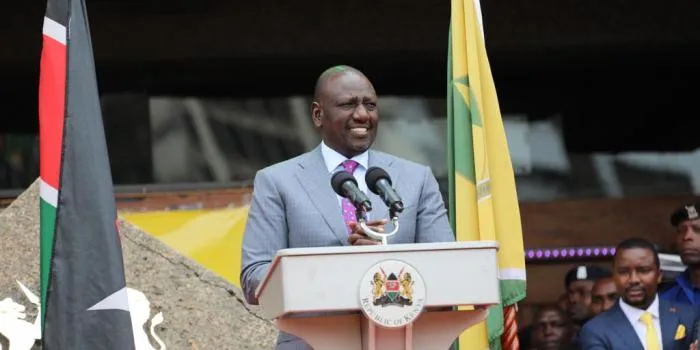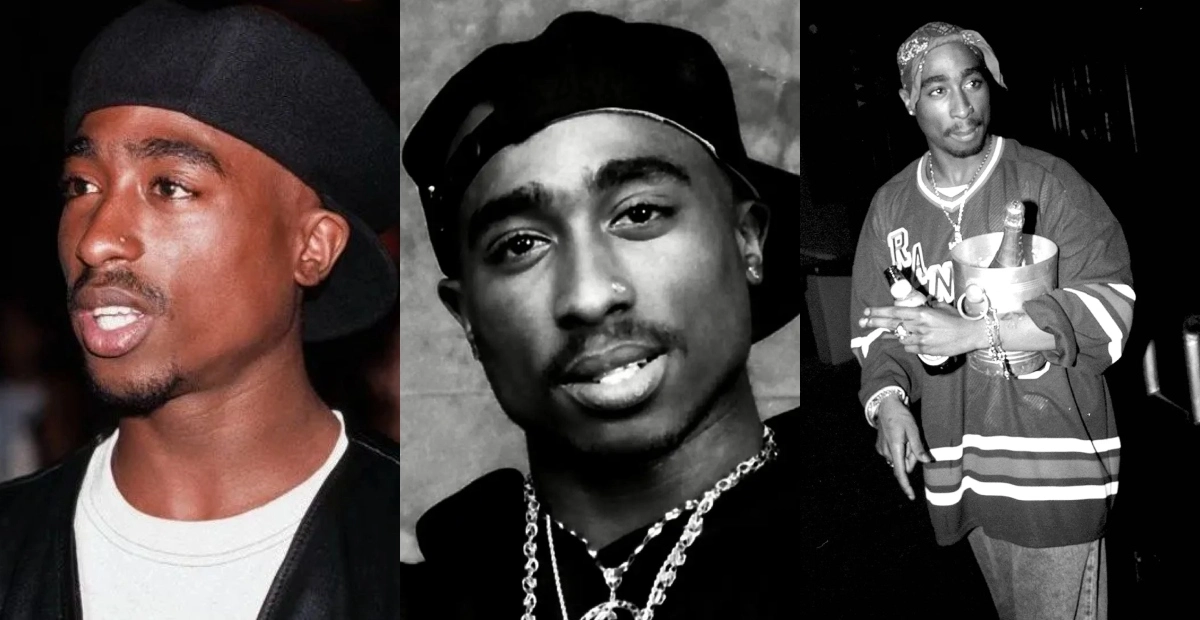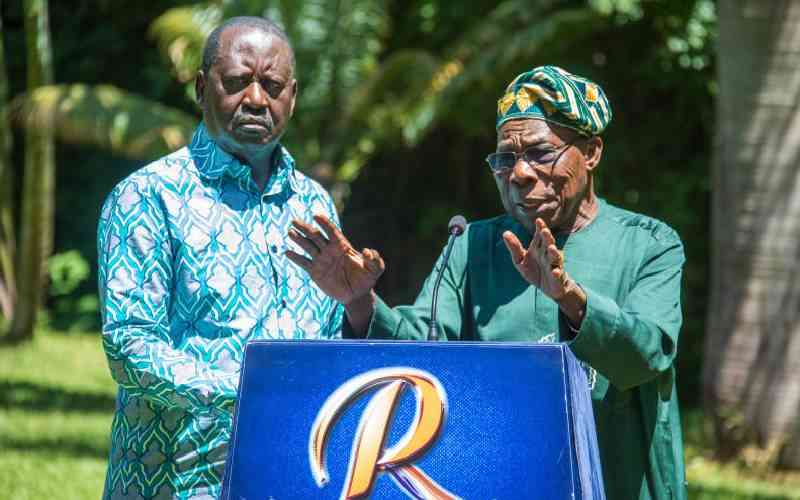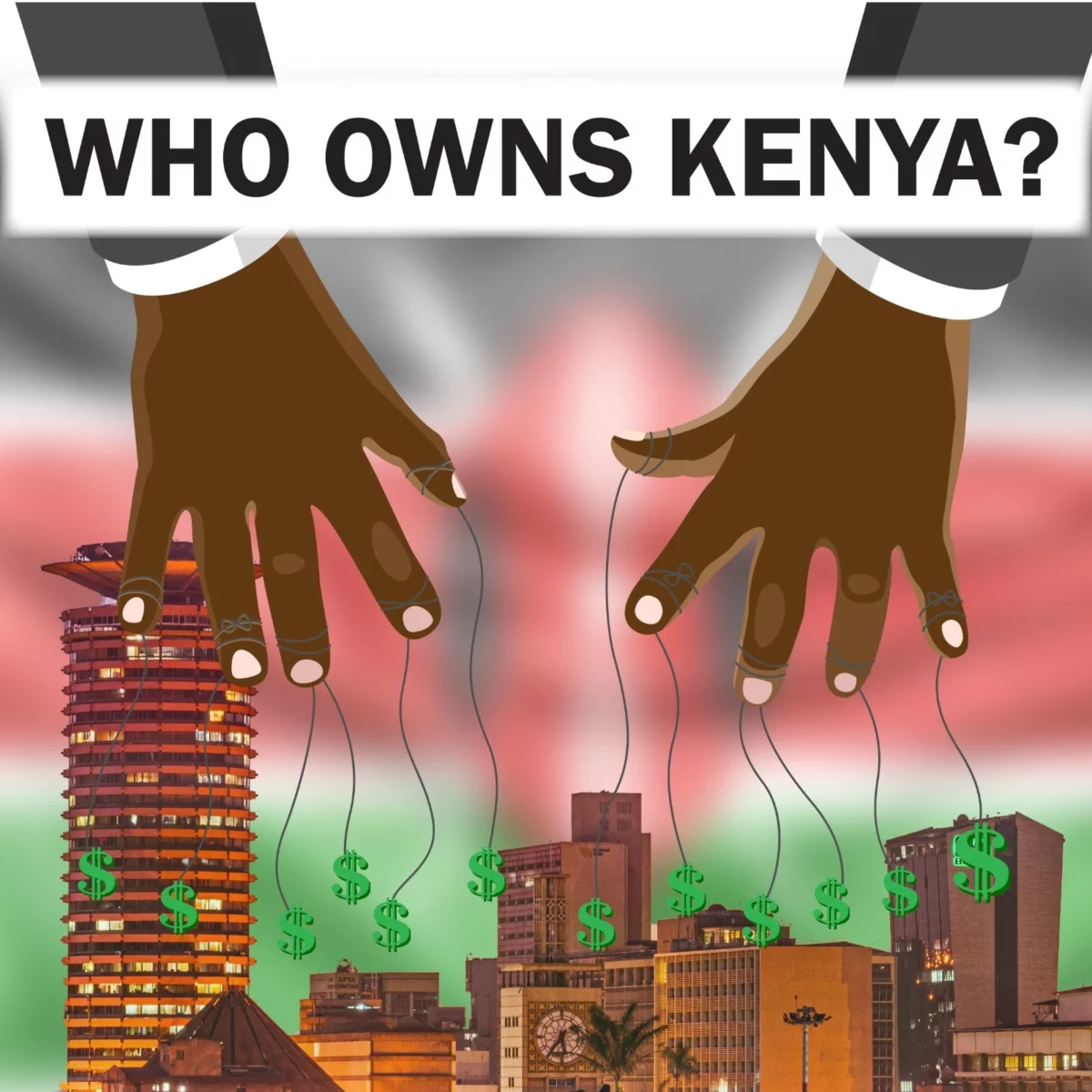President-elect Ruto to commence his term with a minority in the house, unlike Kenyatta whose government enjoyed the support of majority members of parliament.
Kenya Kwanza- a coalition that comprises United Democratic Alliance (UDA), Amani National Congress (ANC), FORD Kenya, Chama Cha Kazi, Democratic Party, and The Service Party- among others, now has 160 MPs in the National Assembly; a sum inclusive of nominated slots garnered by the affiliate parties.
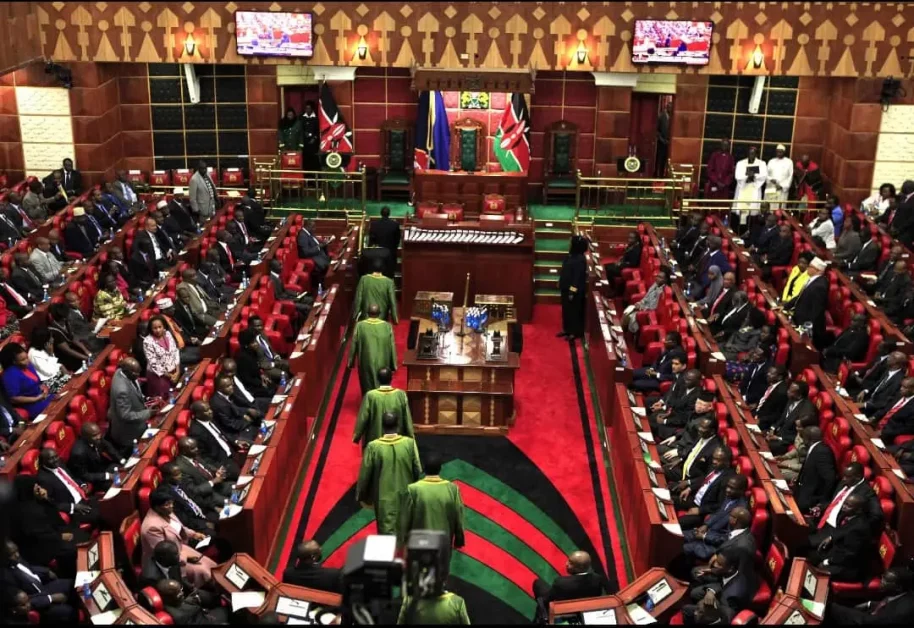

On the other hand, Azimio la Umoja has 173 MPs in the National assembly which places the coalition to an advantage as the Majority side of the house.
While the notion has it that is that the winning side takes the Leader of the majority seat, political analyst and lawyer Martin Oloo maintains that the majority side does not necessarily mean the party forming government but rather the largest party in parliament.
Also affirmed that the Kenya Kwanza administration will have to rely on the Leader of the Minority to spearhead its activities in parliament.
“Majority does not mean being in the government, it is the party with the majority members. Government business in parliament will have to be conducted by the minority side,” Stated Oloo.
This is according to Article 108 of the Constitution which lays down that the majority leader is the chair in parliament of the largest party or Coalition.
“The leader of the majority party shall be the person who is the leader in the National Assembly of the largest party or coalition of parties,” reads the article.
Despite the United Democratic Movement (UDM), Maendeleo Chap Chap, and Pamoja African Alliance (PAA) having signed a post-election agreement with Kenya Kwanza, the law that governs the formation of political coalitions states that they can only be recognized as Kenya Kwanza members after three months.
This insinuates that the new president will be operating without a Leader of Majority and Majority Whip, both of whom are instrumental in advancing the legislative agenda in the parliament.
This would further be understood that the Kenya Kwanza would miss out on the control of house committees’ leadership. Especially the new administration will require a friendly house considering the task of vetting and approving cabinet nominees that await the coalition.
As it states in Article 152 of the Constitution, cabinet appointees have to be approved by the Members of the National Assembly before getting the nod to be sworn in.
This situation, according to Oloo, may necessitate lobbying and compromise from the government side to facilitate a smooth flow of government business in parliament.
Don’t forget to subscribe to our You Tube channel at Switch TV.
“This gives room for negotiations and compromise between both factions,” Oloo stated.
Ruto and the Kenya Kwanza Coalition could however be handed a lifeline in his quest to control the Bicameral Parliament when the agreements entered by UDM and other parties which were initially in Azimio are recognized by the Office of the Registrar of Political Parties.
The 13th parliament is scheduled to hold its first sitting on September 8 following a gazettement by President Uhuru.
Among the first agenda of the new members will be to elect a speaker and his deputy as provided for in the standing orders.


